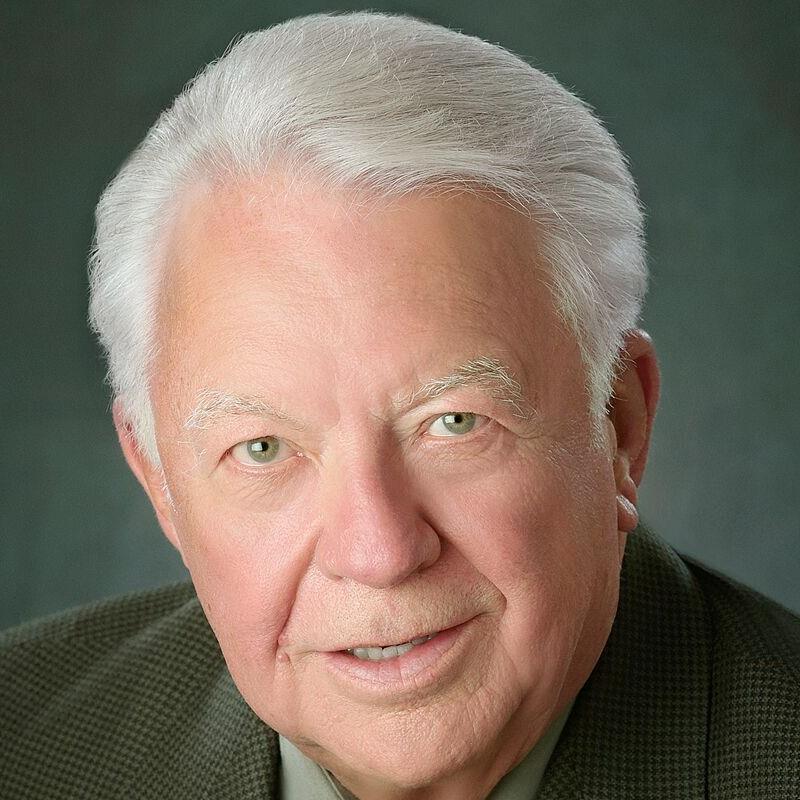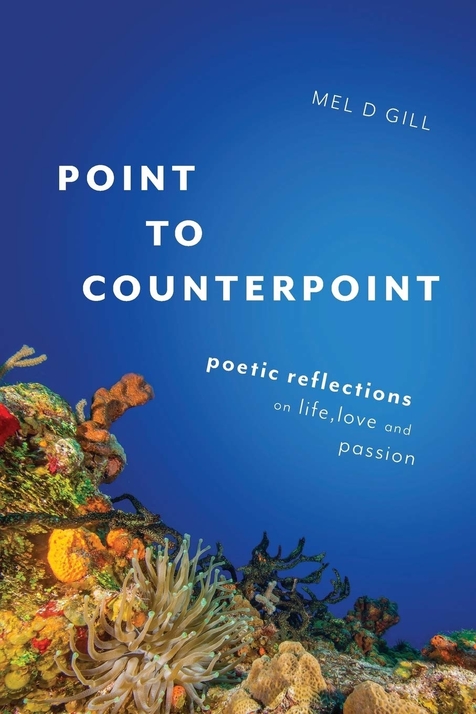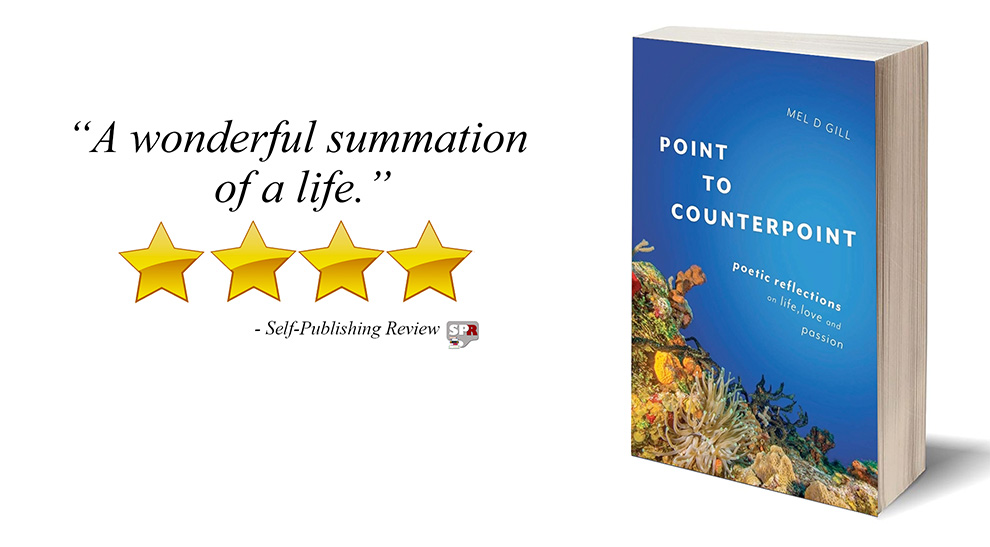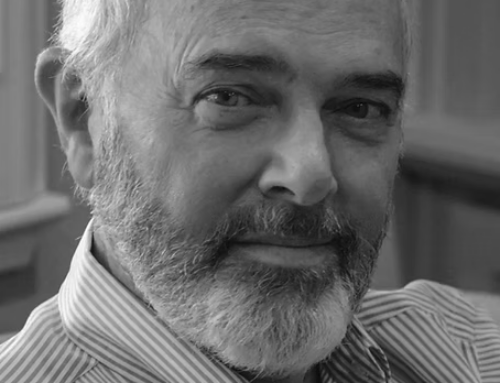 Mel Gill, author, poet, researcher, and consultant in governance and organizational development, divides his time between Ottawa ON and Victoria BC. He was married to his now deceased wife, Judith, of nearly fifty years. They had two sons and two grandchildren. He and his son Trent have been avid tournament Bass anglers for twenty-five years.
Mel Gill, author, poet, researcher, and consultant in governance and organizational development, divides his time between Ottawa ON and Victoria BC. He was married to his now deceased wife, Judith, of nearly fifty years. They had two sons and two grandchildren. He and his son Trent have been avid tournament Bass anglers for twenty-five years.
Mel’s passions include music, studying philosophy, politics, human behavior and development, evolution, psychology, quantum thermodynamics, general interest science and, of course, poetry and fine literature. He and his first love, university sweetheart Daphne McDonald, have reignited their passion for each other, life and shared experiences after fifty years. “Lara’s theme (Somewhere My Love)” adopted from the movie “Dr. Zhivago,” is a musical simulation of their re-encounter.
Tell us about your book.
Point to Counterpoint: poetic reflections on life, love and passion contains poems I’ve written over a lifetime starting at age seventeen, inspirational quotes that I started curating from age nine (more as I compiled this book) and thought- stimulating essays written over my lifetime. It’s central theme is that “every beginning contains the seeds and signs of its own ending”. As the title implies, it often presents countervailing arguments on many subjects treated in this book.
Why did you want to write a book?
This is my second book. The first was Governing for Results: A Director’s Guide to Good Governance published in 2005, which synthesized the latest research, including my own collaborative research, on governance to assist directors of corporations and managers in all sectors of the economy to assess their performance and deliver effective leadership, benefit, and return on investment for constituents and shareholders. That book has sold nearly 10,000 copies (well above the industry standard in its market niche, and continues to sell well).
I have been blessed with a talent for synergistic thinking (hence the name of my company – Synergy Associates) through which I published Point to Counterpoint. I wanted to offer that same broad perspective on the historical, philosophical and sometimes mystical dissection of life’s journey from birth through death and the brief human interlude between…and to do so in a creative form that would stimulate introspection, meditation and personal growth in readers motivated to “leave this world a better place than when they entered it.” But none of this would have been possible without the deep introspection and soul-searching sparked by a rekindling of love with my university sweetheart from fifty years earlier…the true inspiration for this book.
 Why did you choose to self-publish?
Why did you choose to self-publish?
Traditional publishers take too long to decide on whether to review a manuscript. They accept only a small proportion of what they review. I had something to say now, and my remaining years leave me impatient with much yet to do. I’ve had prior success with self-publishing and wanted to get on with my next project, which is a new framework for governance based on consulting, research and teaching that I have done in the fifteen years elapsed since my first book was published.
Would you self-publish again?
Yes.
What do you think are the main pitfalls for indie writers?
Indie publications are discriminated against/ineligible for many competitions.
What tips can you give other authors looking to self-publish?
I’ve been pleased with Ingram Spark and Trafford Publishing when it was located in Canada. The differential between the U.S. and Canadian currencies now work against publishing and printing outside Canada. Take care in selecting a self-publishing company. It’s a very competitive, some might say cutthroat, business that overpromises, underdelivers, overcharges and falls short on internal quality control.
What was your steepest learning curve during the publishing process?
It is tough to get a return on investment in poetry and meditative work AFTER publishing. Money can be made through contest winnings, but they all want creative work that has not been previously published. So, get contest credits, reviews and earnings before publishing. The competition is challenging. Marketing is much harder work than writing.
Who are your biggest writing inspirations and why?
Frost, Service, Gibran, Kipling, Cohen, McKuen, Yevtushenko, Shakespeare, Huxley, Nabokov, Greek philosophers, Twain, Will Rogers, Bertrand Russell, Rumi…because they are/were mastercraftsmen.
What are your plans now your book is published?
Market my books, influence others, strive to be a less imperfect person.
What did you learn on your journey as an author?
Read your work aloud…you may find that what you hear is not what you thought you wrote. Your perception of the meaning of what you wrote will almost certainly change over time. The creative process can be used to recreate yourself. Accept and tolerate imperfections in your work, yourself and others. The truth changes color depending on the light and the vantage point of the viewer.
Author Links
Get an Editorial Review | Get Amazon Sales & Reviews | Get Edited | Get Beta Readers | Enter the SPR Book Awards | Other Marketing Services























Leave A Comment